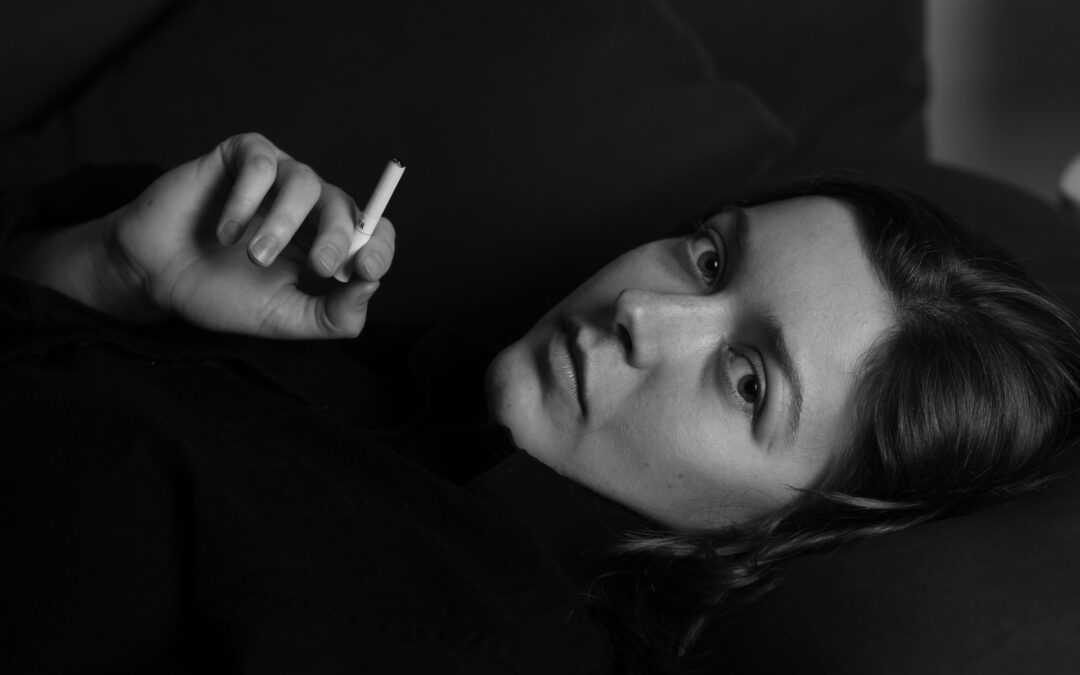It hits you like a ton of bricks one day, “Oh my gosh, I-love-an-addict.”
Then you wonder how you didn’t see it all along. It seems so simple, right? Addicts should be easy enough to spot. They are walking around drunk or high, or both, all day and it would seem that they would know that they suffer from an addiction as well, right?
No and no…
Unfortunately addiction and loving someone who is suffering from an addiction doesn’t quite work like that.
Why ?
Addiction and the dynamics that go along with it are woven into the fabric of the relationship and sometimes when you are so close it is hard to even see yourself.
Addiction touches every race, religion, socioeconomic status, and gender.
People with an addiction can fly just under the radar, seemingly functioning and going to work.
It takes a while for a full-blown addiction to unfold. It’s slow, insidious.
Not all addictions look the same. We humans tend to want to give people space to run their own lives, give the benefit of the doubt or we don’t take our own observations serious enough thinking, “I don’t want to cause trouble or be overdramatic.”
Someone has told you your nephew, husband, wife or child is suffering from addiction. Maybe it was a trusted counselor or someone who has had experience with what you are going through. Hopefully, you also learn that we don’t call our loved one an “addict” anymore. The psychological community sees addiction as a disease someone is suffering from and some mental health professionals understand addictive behaviors as maladaptive (unhelpful) learning that has taken place resulting in addiction. The book called The Unbroken Brain is a great place to start learning about addictions and how they work in the brain. I attached an article that gives an overview.
Getting the news, so to speak, is a validating moment. The clouds part and the proverbial sun comes out.
I AM NOT CRAZY!
While you feel validated and NOT crazy, which you are not, you also feel sad, scared and at a loss as to what to do. Parents, you may feel like you are a failure. The emotions are complicated.
What can you do?
If you love someone who suffers from addiction EDUCATE yourself. Read whatever UP TO DATE research you can find on addictive behaviors. Understand you have no control over anyone else, only influence.
Education will help you learn to empathize and understand that you can not shame someone out of their addiction.
Get help!
Al-Anon groups are a great place to go and listen in. Hearing the stories of other people who have been where you are at again reinforces YOU ARE NOT CRAZY and YOU ARE NOT ALONE.
In Al-Anon you will quickly learn about the need for firm boundaries to help start healing in your family (this is a family affair) and how boundaries will help you keep your sanity.
Get a therapist ASAP.
You can not do this alone. The news is hard enough, the road should not be traversed alone.
Here at Greenway Therapy we have multiple therapists who can help guide you on your journey, provide resources and support you.
Have more questions? E-mail us at admin@greenwaytherapy.com or call us at 800-353-6402 and a therapist would be happy to talk with you!
Best wishes.
Kristen Neal is a Licensed Professional Counselor and Clinical Director at Greenway Therapy . Learn more about her on her BIO page.





